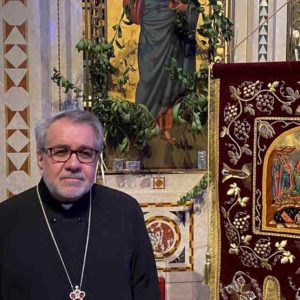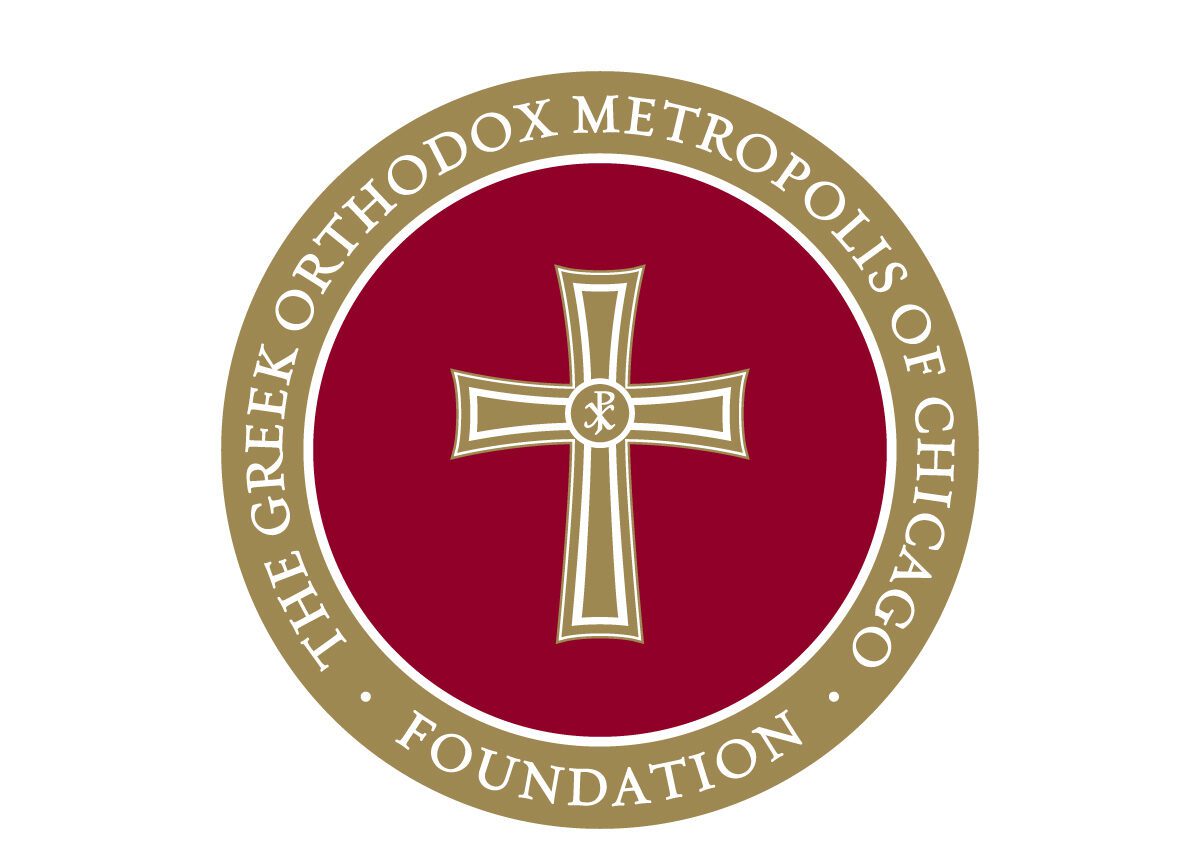By: V. Rev. Fr. Simeon Johnson (St. Andrew Greek Orthodox Church – Chicago, IL)
 Over the last month, the Church has gradually prepared us for the Holy Season of Great Lent that leads us to events of our salvation in the Savior’s death and glorious Resurrection. For most the mention of Lent brings up the thought of a change in diet or fasting which, indeed, is part of the Lenten experience. Throughout these four weeks, through the Sunday Gospel readings and the weekly themes, we are introduced to that which is essential for the journey to Christ’s Holy Resurrection. The first Sunday, the Publican and Pharisee (Luke 18:10-14) reminds us that humility is the basis for entering the Lenten experience. The Sunday of the Prodigal Son (Luke 15:11-32) tells us that we must repent and return to God, Our Loving Father, who ever ready to receive us. The third Sunday emphasizes that basis for God’s judgement is not pious acts but rather how we serve and care for those in need who are created in the image and likeness of God (Matthew 25:31-46). The Gospel (Matthew 6:14-21) of the final Sunday before the start of the Lenten Spring gives us the final and most important message – the call to forgive all as God has forgiven us.
Over the last month, the Church has gradually prepared us for the Holy Season of Great Lent that leads us to events of our salvation in the Savior’s death and glorious Resurrection. For most the mention of Lent brings up the thought of a change in diet or fasting which, indeed, is part of the Lenten experience. Throughout these four weeks, through the Sunday Gospel readings and the weekly themes, we are introduced to that which is essential for the journey to Christ’s Holy Resurrection. The first Sunday, the Publican and Pharisee (Luke 18:10-14) reminds us that humility is the basis for entering the Lenten experience. The Sunday of the Prodigal Son (Luke 15:11-32) tells us that we must repent and return to God, Our Loving Father, who ever ready to receive us. The third Sunday emphasizes that basis for God’s judgement is not pious acts but rather how we serve and care for those in need who are created in the image and likeness of God (Matthew 25:31-46). The Gospel (Matthew 6:14-21) of the final Sunday before the start of the Lenten Spring gives us the final and most important message – the call to forgive all as God has forgiven us.
The final Sunday before the start of Great Lent is popularly known as Cheese-fare Sunday as it is the last day before strict fasting, and theologically as “the Expulsion of Adam from the Paradise of Bliss” as it emphasizes humanity’s separation from God by sin and God’s plan to restore us. However, its most important theme and name comes from the Gospel reading, itself. Although the brief Gospel reading touches on fasting and developing our relationship with God, it begins with and stresses the theme of forgiveness. We ask God to forgive us and we, in turn, must forgive others. “For if you forgive men their trespasses, your Heavenly Father also will forgive you; but if you do not forgive men their trespasses, neither will your Father forgive your trespasses (Matthew 6:14-15)”. God’s forgiveness must be active within and flow through us. If we do not forgive other, we should not bother with any of the Lenten practices.
As we move forward in this day which leads us to Great Lent, the theme of forgiveness is presented to us once more. The first day of Great Lent is Clean Monday, but it begins with Forgiveness Vespers on Sunday evening. The service begins in a well-lit church with clergy vestments and altar coverings in bright colors reflecting the Resurrection, but at sunset we move into Monday with the Great Prokimenon, “Turn not Your face from Your servant, for I am in trouble; hear me speedily: hearken to my soul and deliver it”. At this point the lights are extinguished, the vestments and altar covers are changed to purple, and Great Lent begins. When the service ends, everyone lines up and to ask forgiveness of each other before exchanging the kiss of peace. Once more we are told that if we expect God’s forgiveness, we must forgive all those who have offended us.



